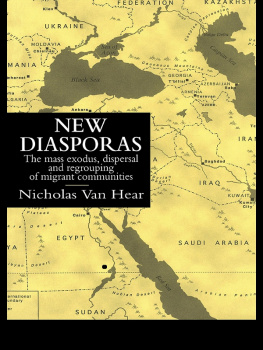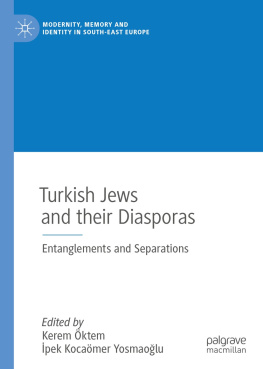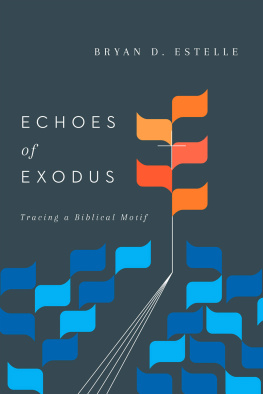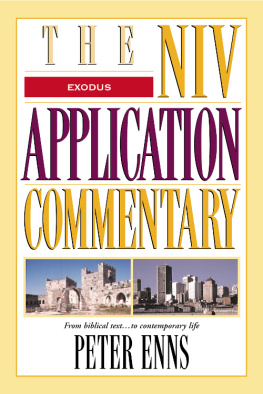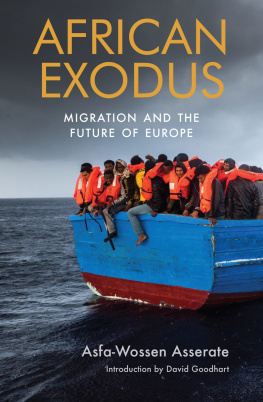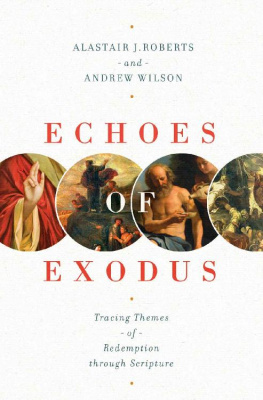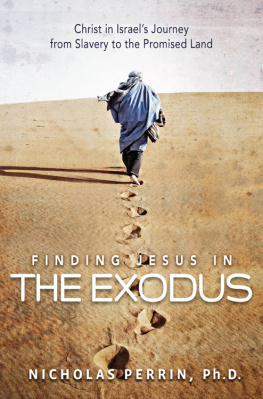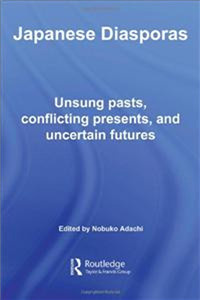New diasporas
Global diasporas
Series Editor: Robin Cohen
The assumption that minorities and migrants will demonstrate an exclusive loyalty to the nation-state is now questionable. Scholars of nationalism, international migration and ethnic relations need new conceptual maps and fresh case studies to understand the growth of complex transnational identities. The old idea of diaspora may provide this framework. Though often conceived in terms of a catastrophic dispersion, widening the notion of diaspora to include trade, imperial, labour and cultural diaporas can provide a more nuanced understanding of the often positive relationships between migrants homelands and their places of work and settlement.
This book forms part of an ambitious and interlinked series of volumes trying to capture the new relationships between home and abroad. Historians, political scientists, sociologists and anthropologists from a number of countries have collaborated on this forward-looking project. This is one of two books providing the defining, comparative and synoptic aspects of diasporas, while over fifteen further titles are planned. These will look both at traditionally recognized diasporas and those newer claimants who define their collective experiences and aspirations in terms of a diasporic identity.
This series is associated with the Transnational Communities Programme at the University of Oxford funded by the UKs Economic and Social Research Council.
Already published:
Global diasporas: an introduction. Robin Cohen
Forthcoming books include:The Sikh diaspora: the search forstatehood. Darshan Singh Tatla
The Italian labour diaspora. Donna Gabaccia
The Greek diaspora: from Odyssey to EU. George Stubos
The Japanese diaspora. Michael Weiner, Roger Daniels, Hiroshi Komai
New diasporas
The mass exodus, dispersal
and regrouping of migrant
communities
Nicholas Van Hear
University of Oxford
Nicholas Van Hear,1998
This book is copyright under the Berne Convention.
No reproduction without permission.
All rights reserved.
First published in 1998 by UCL Press
UCL Press Limited
1 Gunpowder Square
London EC4A 3DE
UK
This edition published in the Taylor & Francis e-Library, 2005.
To purchase your own copy of this or any of Taylor & Francis or Routledges collection of thousands of eBooks please go to www.eBookstore.tandf.co.uk.
The name of University College London (UCL) is a registered trade mark used by UCL Press with the consent of the owner.
The right of Nicholas Van Hear to be identified as the author of this work has been asserted by him in accordance with the Copyright, Designs and Patents Act 1988.
British Library Cataloguing in Publication Data
A catalogue record for this book is available from the British Library.
ISBN 0-203-98448-X Master e-book ISBN
ISBNs: 1-85728-837-8 (Print Edition)
1-85728-838-6 (Print Edition)
eISBN: 978-1-13535-932-4
Far between sundowns finish and midnights broken toll We ducked inside the doorway, thunder crashing As majestic bells of bolt struck shadows in the sounds Seeming to be the chimes of freedom flashing Flashing for the warriors whose strength is not to fight Flashing for the refugees on the unarmed road of flight And for each and every underdog soldier in the night And we gazed upon the chimes of freedom flashing.
Bob Dylan, Chimes of Freedom (Words: Bob Dylan/Special Rider Music/Sony/ATV Music Publishing).
***
Mr. Venkatesan threw himself into the planning. He didnt trust the man with the cauliflower ears. Routes, circuitous enough to fool border guards, had to be figured out. He could fly to Frankfurt via Malta, for instance, then hole up in a ships cargo hold for the long, bouncy passage on Canadian seas. Or he could take the more predictable (and therefore, cheaper but with more surveillance) detours through the Gulf Emirates.
The go-between or travel agent took his time. Fake travel documents and work permits had to be printed up. Costs, commissions, bribes had to be calculated. On each visit, the man helped himself to a double peg of Mr. Venkatesans whiskey.
In early September, three weeks after Mr. Venkatesan had paid in full for a roundabout one-way ticket to Hamburg and for a passport impressive with fake visas, the travel agent stowed him in the damp smelly bottom of a fishermans dinghy and had him ferried across the Palk Strait to Tuticorin in the palm-green tip of mainland India.
Tuticorin was the town Mr. Venkatesans ancestors had left to find their fortunes in Ceylons tea-covered northern hills. The irony struck him with such force that he rocked and tipped the dinghy, and had to be fished out of the sea.
Bharati Mukherjee, Buried lives, in The middleman and otherstories, London: Virago, 1989.
Tables
Preface
My interest in the subject of this bookforced mass exodus of migrants and the making and unmaking of migrant communities developed in a roundabout way. It was sparked by the expulsion of Ghanaians and other West African migrants from Nigeria in 1983, shortly after I completed my doctoral research in Ghana. I reported on the expulsion as a journalist. My interest grew when I worked in the mid-1980s for the Geneva-based Independent Commission on International Humanitarian Issues, when it became increasingly clear that here was a category of forced migrants not covered by the refugee regime, nor subject to much attention by researchers. My interest was rekindled when, during a visit to Ghana in 1987, I interviewed a small number of Ghanaian returnees who had experienced expulsion in the early 1980s.
Later, shortly after I took up a research position at the Refugee Studies Programme at the University of Oxford, the Gulf crisis erupted, generating large scale upheavals among migrant communities in the Middle East. I began research on the consequences of these upheavals, making a number of short research visits to Jordan and Yemen in 199092. Organizing a conference in Oxford in 1992 to mark 20 years since the expulsion of the Ugandan Asians provided the opportunity to look at a long-established community of migrant origin that had experienced forced exodus and dispersal. I then began to think about how such crises fit in the broader, global migration order, and in particular the part they play in making and unmaking transnational communities. These are the main themes pursued in this volume.
The bulk of the research on which this book is based was funded by two consecutive awards from the Economic and Social Research Council, whose support is gratefully acknowledged. Earlier research in the Middle East was supported by a fellowship funded by HRH Crown Prince Hassan bin Talal of Jordan. I am also grateful to the University of Oxford and my department, Queen Elizabeth House, for providing supplementary support. The first ESRC award (R000 23 3831) funded much of the fieldwork and primary research I undertook in Yemen and Jordan, two of the countries experiencing large scale migration upheavals in the wake of the Gulf crisis. I interviewed a sample of about 100 returnees in each country in 1993 and consulted a range of government bodies, international agencies and non-governmental organizations. The second award (R000 23 5074) supported the extension of the research on migration crises worldwide, and involved research visits to New York, Washington, Boston, Brussels, Luxembourg, Geneva, Strasbourg, Bangkok, Singapore and Kuala Lumpur.


